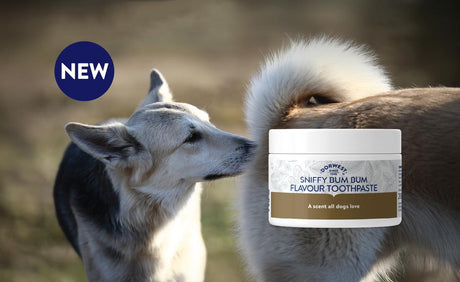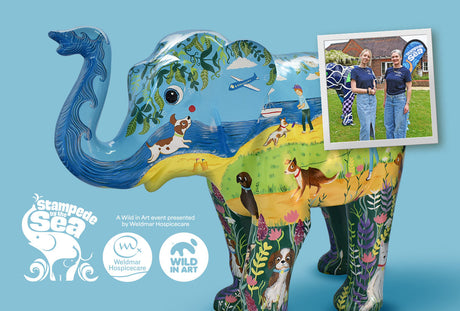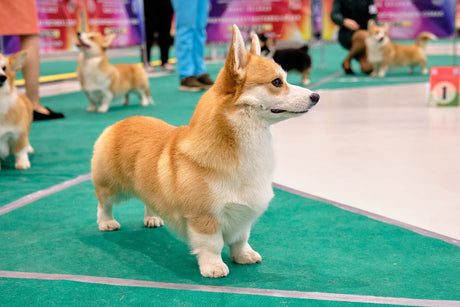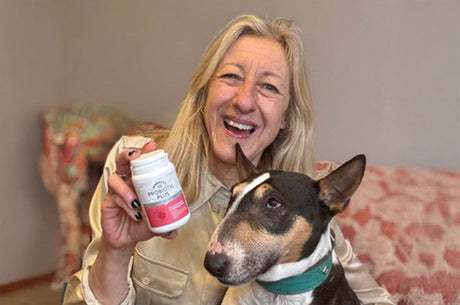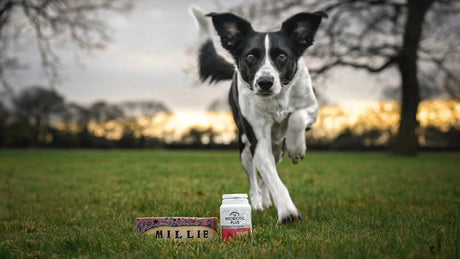Travelling any distance with your dog might be something they do not regularly do, so here are some handy ways to make the journeys stress-free for you and your canine best pal.
Existing car sickness may be a worry, so firstly, check that your dog is fine on short journeys a long time before you head off. Behaviours such as pacing, drooling and panting are all signs that your dog is not happy. Of course, if your dog is barking, they are much more agitated, but all are stress signals and must be dealt with calmly and thoroughly. Otherwise, you may be worrying more about your dog than safety on the road ahead.
Is your dog travelling in the back of the car? This can occasionally cause separation problems where they are looking to sit with you, but cannot reach you due to a dog guard or cage. If you suspect this might be the case, try to give them an enjoyable activity to keep them busy and make up for the fact that you aren’t sitting next to them. A specially designed dog toy in which food can be placed inside is a great activity for them to forage and chew on, distracting them happily.
Perhaps your dog is experiencing motion sickness from swaying around and this is something they have learned to anticipate? You might see that your dog doesn’t even want to get into the car (in which case, add some goodies to their travel area, climb in yourself and wait for them to follow, and make this into a game). If your dog really can’t cope with the movement, ask your Vet to help.
Some dogs can’t manage all the movement whizzing past the window as you travel. Perhaps using a car crate with chew toys inside, over which you can drape a lightweight sheet to mask most of the sight lines around them, will help. On a train, teach your dog to lie down happily on a cushioned mat so that they don’t even need to get up and look around, preferring to snooze instead.

Of course, ensure that they are secured safely in the vehicle, in accordance with the law of the country in which you are travelling. Don’t be like the owners that allow their dog free-roaming access, which is highly dangerous to everyone including the dog should you stop suddenly.
All of these distraction techniques may need to be practised with the car on the drive at first. Start by giving the dog their dinner in the back of the car, with you sitting in the back seat (your neighbours may think you are crazy, but your dog will love it). They can learn to relax in there. Train them to settle on their cushioned mat in plenty of places so that your dog associates this with nap time.
Most of all, happy travelling and remember, your dog needs time to learn, so get started right away!
By Karen Wild Certified Clinical Animal Behaviourist
Dorwest says: Don't forget Scullcap & Valerian Tablets are a herbal supplement to relieve anxiety and nervousness



